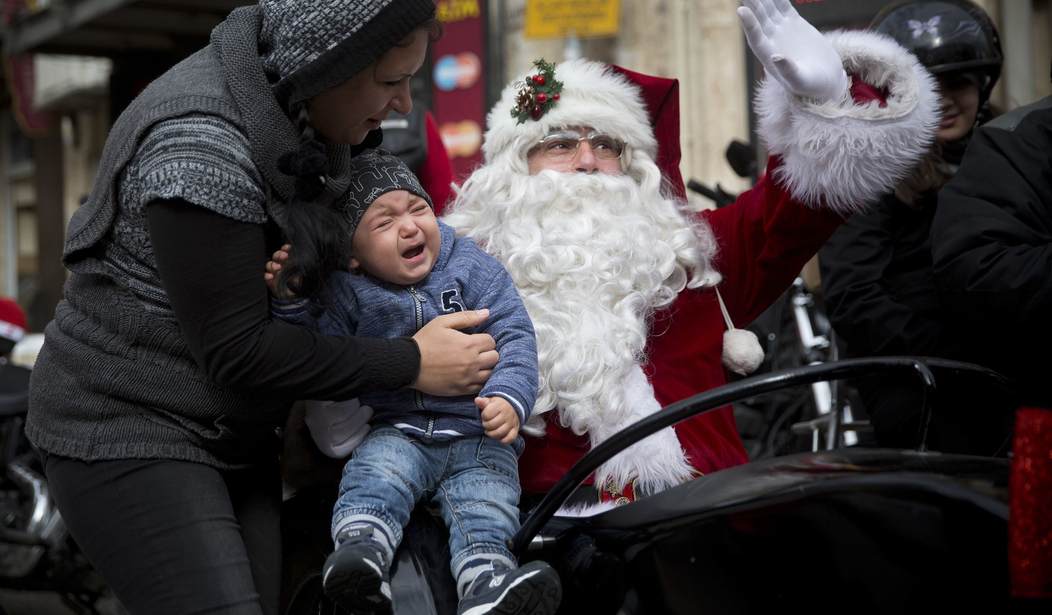According to economists, we’re at the beginning of a “shortage economy” where shortages of goods like electronics and clothing will become commonplace.
Yes, the pandemic is partly to blame. Factories shut down and are just now revving up to full capacity. The “supply chain bottleneck” has become a fact of life. More than that, there’s almost $10 trillion worth of government stimulus in the West that’s burning holes in people’s pockets.
But there are several other factors affecting the supply of many goods.
Yet the shortage economy is also the product of two deeper forces. First, decarbonisation. The switch from coal to renewable energy has left Europe, and especially Britain, vulnerable to a natural-gas supply panic that at one point this week had sent spot prices up by over 60%. A rising carbon price in the European Union’s emissions-trading scheme has made it hard to switch to other dirty forms of energy. Swathes of China have faced power cuts as some of its provinces scramble to meet strict environmental targets. High prices for shipping and tech components are now triggering increased capital expenditure to expand capacity. But when the world is trying to wean itself off dirty forms of energy, the incentive to make long-lived investments in the fossil-fuel industry is weak.
The second force is protectionism. As our special report explains, trade policy is no longer written with economic efficiency in mind, but in the pursuit of an array of goals, from imposing labour and environmental standards abroad to punishing geopolitical opponents.
Then there’s a problem with container ships. Right now, there are 76 container ships off the coast of Los Angeles desperate to dock and unload their cargo. There are similar problems on the East Coast as well.
The cost of shipping one container from southern China to the west coast of the U.S. is now $20,000. It used to be around $3,000. And even if you can get the ship unloaded, there’s a shortage of truck drivers to clear the docks and ports are running out of storage space to keep them.
Richard Howells, writing for Forbes, says that the uneven opening of the world economy has a lot to do with the supply bottlenecks.
Our global supply chain is struggling to meet the growing demand from markets such as the USA, as seen in the automotive and high tech industries due to the continuing semiconductor shortage. Or how the recent COVID related shutdown of factories in Southeast Asia have impacted the sneaker and furniture industries.
And even when there were products to ship, port closures in Asia have caused a bottleneck of supplies sitting awaiting both containers to package and vessels to carry them.
All these factors have resulted in a steady increase in container ships waiting to enter US ports since July. And with the ports operating at full capacity, the next challenge is both how to transport the goods from the port, and where to store them. For example, there is an estimated 2 billion square feet of warehousing space in Southern California which is already fully utilized.
The pandemic has had unforeseen effects on the economy that we’ll be feeling for years to come. One of those effects will be on the Christmas shopping season. Some big retailers are urging customers to buy early because of the uncertainties that many popular products simply won’t be available in a couple of months.
Amazon on Monday announced what it called “Black Friday-worthy” deals and a hub to help consumers plan for holiday gift-giving and events. It follows Target and Walmart in urging consumers to buy early while gift-worthy goods are still available.
Worldwide supply chain bottlenecks and shipping delays mean the closer to the December holidays the calendar gets, the less likely some store shelves may be filled with what consumers want most. Experts don’t expect the jams to ease until early 2022, long after gifts are opened and the books are closed on retail’s traditionally busiest time.
The pandemic gouged a huge hole out of the economy and “getting back to normal” will be a long, sometimes painful process. Part of that process will be learning to live with COVID and accepting the risks.
Whether politicians get that message is another issue.










Join the conversation as a VIP Member